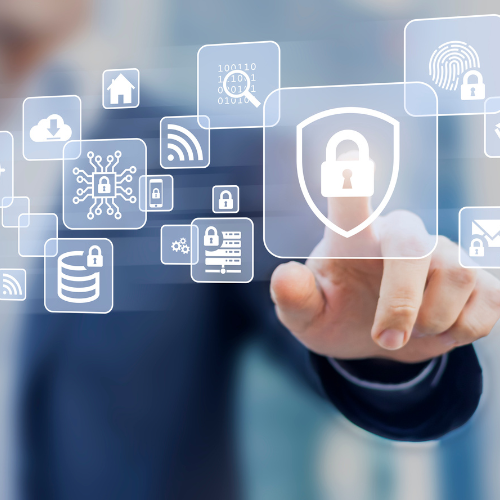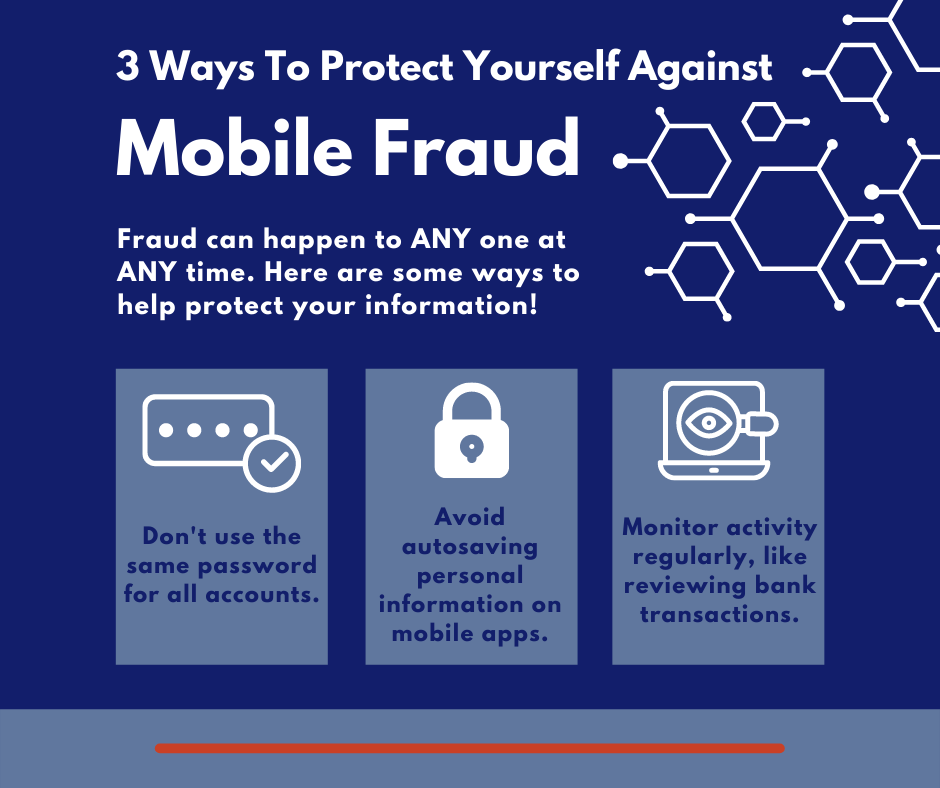Online/Computer Security
For most people, the internet is a part of our daily lives. It provides us access to news, information and entertainment, and helps family and friends stay connected.
Unfortunately, cybercriminals and hackers use the internet to steal information and money. Any time you go online, you may come across computer viruses or other malware, and sometimes hackers will send you emails to try to steal your information. Here are some tips to protect your information:
- Update your software. Outdated software is easier for criminals to break into.
- Protect your personal information. Don’t just hand it out to anyone. Your social security number, credit card and bank account number can be used to steal your money and open new accounts. Criminals will do everything they can to appear trustworthy – think about why someone needs it and whether you can really trust the request.
- Protect your passwords. Use 12 characters and try to be unpredictable–don’t use names, dates or common words. Don’t use the same password for many accounts and never share passwords by phone, email or texts.
- Turn on two-factor authentication. This requires both your password and additional piece of information to log into your account.
- Give personal information over encrypted websites only. If you’re shopping online stick to sites that use encryption to protect your information as it travels from your computer to their server. To determine if it’s encrypted, look for the https at the beginning of the web address.
- Back up your files. No system is completely secure. Copy your files to an external hard drive or cloud storage. If your computer is attacked by malware, you’ll still have access to your files.
Two Things to Know to Avoid a Tech Support Scam
1. Legitimate tech companies won’t contact you by phone, email or text message to tell you there’s a problem with your computer.
2. Security pop-up warnings from real tech companies will never ask you to call a phone number.
See the related insights below (or on the side) for more information on online/computer security.














